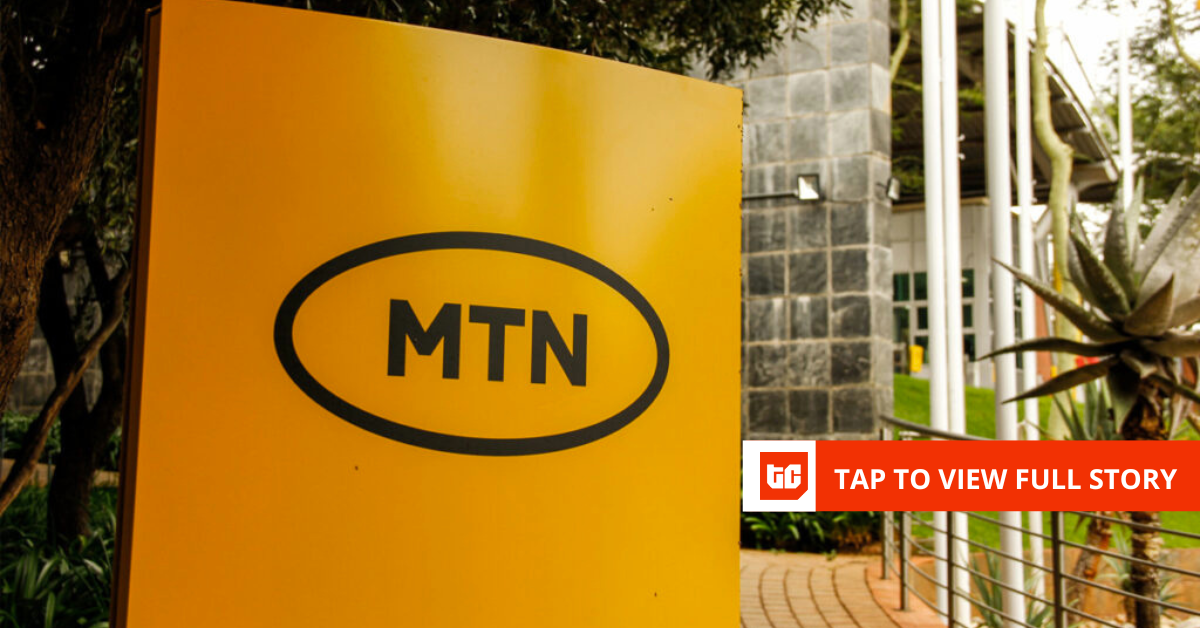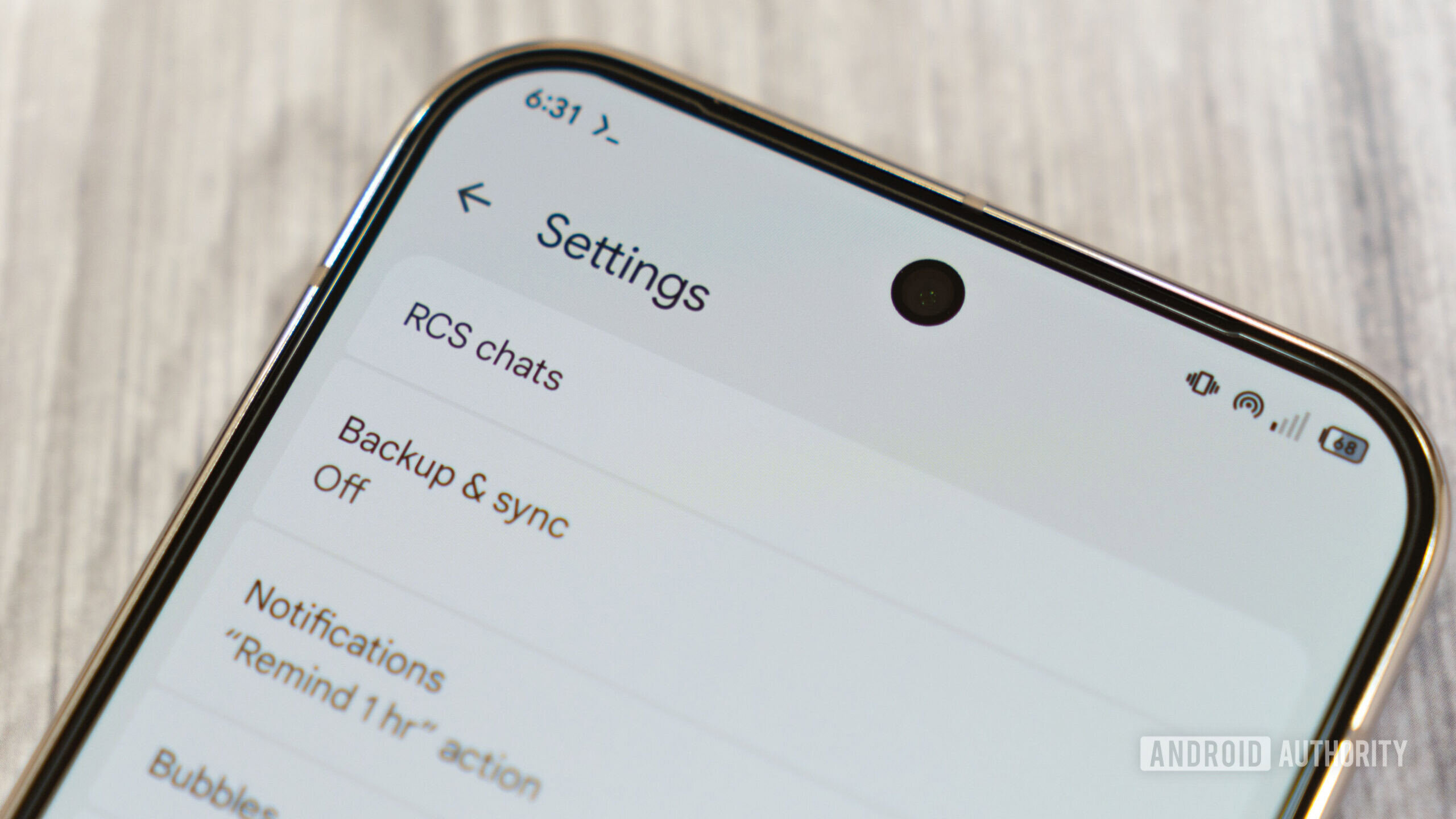Few countries are as stringent as South Africa when it comes to the Black Economic Empowerment (BEE) scheme. For more than 20 years, the policy, designed to increase participation of blacks and people of colour in the country’s economy, has defined who freely operates—and who does not—across different sectors.
In telecoms, South Africa mandates companies, especially foreign players, to give up 30% ownership in their local business to operate in the country. But when that started a kerfuffle among players, South Africa brought an alternative. If companies didn’t want to give up their stakes, then they had to invest in the country’s economy by providing opportunities for locals—and this even included homegrown companies.
MTN, South Africa’s largest telecom company, has complied with this alternative through its Zakhele Futhi (MTNZF) Fund, which launched in 2016. It allowed locals to hold shares in the company. But nine years later, the scheme is wrapping up and paying out. From July 28, 2025, shareholders will receive their original investment of $1.10 per share with an extra $0.11–$0.17 as ‘modest gains.’
MTN has other BEE efforts, like the earlier MTN Zakhele, which was launched in 2010 and had stronger returns (R77 per share) when it ended in 2016.
Why is MTNZF paying so little this time? The market was volatile. The scheme should have shut down earlier due to poor performance, but MTN’s share price was too low in 2024 to repay investors fairly, so it stayed open. In 2025, things improved; MTN paid off its debts and set aside funds to repay investors.
Now, the scheme is winding down. Once the fund finally settles investors, MTN plans to shut it down and delist it from the Johannesburg Stock Exchange (JSE) where it is currently listed. In its final act, the MTNZF could bring joy to faces, and perhaps, another scheme could be on the cards.











